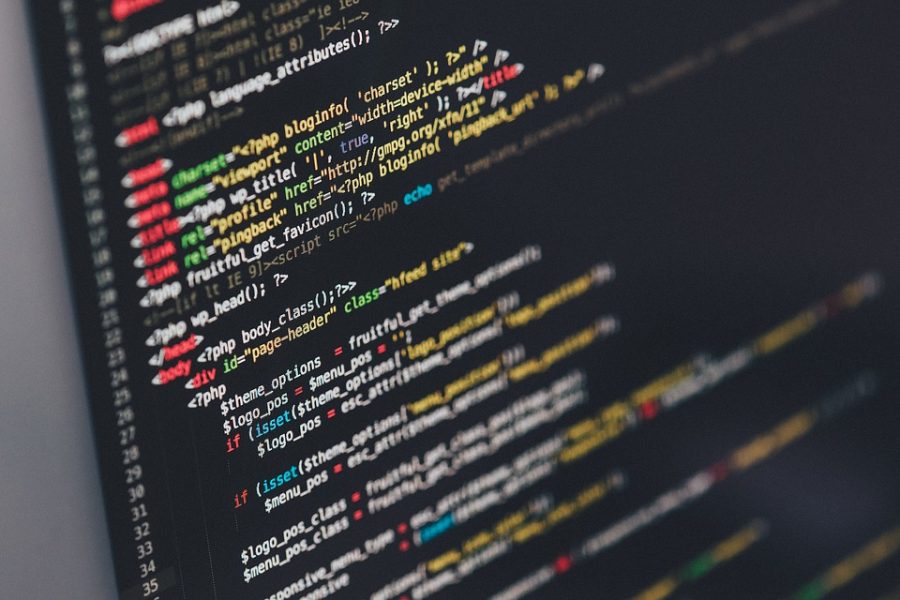A new major and minor in data science has launched, the College of Arts and Science announced last week. It’s the first new major in over five years.
In development for more than a year, the new major is hosted by NYU’s Center for Data Science. Its program of study requires five new courses in data science designed specifically for the major, in addition to four courses each in computer science and mathematics from the Courant Institute of Mathematical Sciences.
Data science seeks to extract insights from scores of data collected across disciplines as wide-ranging as finance, biology and urban development. Some of its most significant applications are in the fields of artificial intelligence and machine learning. For instance, the algorithms used in self-driving cars are based on large amounts of data collected from human-driven cars outfitted with many sensors.
CAS Dean Gene Jarrett said that he was inspired by NYU Shanghai’s data science major on a trip there during his first year as dean and wanted to make it available for undergraduates in New York. He also emphasized that data science’s applicability to a wide domain of fields meant many students would likely be interested in it.
“One of my priorities is to really address what are the interests of students today in terms of how they want to develop or have some degree of command over their education,” Jarrett said in an interview with WSN. “I think this degree really would launch them any number of directions.”
CAS junior Jonathan Shaw took the pilot course Data Science for Everyone last year, which sparked his interest in majoring or at least minoring in data science, instead of just studying economics.
“I realized that data science would be even better [than economics] because in this age there’s basically data on everything,” Shaw said. “And data science I view as a tool for you to have to better understand any other field.”
The major also requires students to have a minor in CAS unless they have a double or joint major, which is meant to draw on the interdisciplinary nature of data science, according to Center for Data Science Director Julia Kempe.
“We wanted to kind of steep the major in the liberal arts to have a meaningful connection to some fields, be it biology, social science, anthropology, even history or English, can benefit tremendously, we believe, from this data science know-how,” Kempe said.
A significant issue within the field of data science and its applications is that algorithms can be severely biased when they are fed “dirty data.” Algorithms used in police departments across the nation, for example, attempt to predict crimes before they occur by analyzing historical data points such as arrest records and police reports. These predictive policing algorithms have been found to be biased when flawed data is used. In New Orleans, past discriminatory behaviors of officers led to skewed data and a program that disproportionately predicted crimes to be committed by people of color.
The new major seeks to specifically address and prevent these issues through a required course in the ethics of data science, Kempe explained. She added that the course was developed with the assistance of a National Science Foundation grant.
“We are hoping to educate young people to be data savvy and also data critical, because nowadays, everything is about data but often it’s done in a very uncritical way,” Kempe said. “We have to understand where the biases are [and] how to use data ethically — it’s something that we want to impart on every student, if we can.”
Californian and Monta Vista High School senior Surya Dantuluri interns at a company that develops the operating system for autonomous cars and is interested in studying data science at NYU. He said he appreciates the inclusion of the ethics course as he recognizes how data science can be used incorrectly or maliciously.
“There’s a lot of bad things you can do with [data science],” Dantuluri said. “And hopefully, once some more ethical laws come in, we can make them regulate [and] mitigate the bad usage of data science.”
CAS senior Brad Davis is majoring in computer science and agreed with Dantuluri. He said it’s important for companies to handle data ethically, an issue Facebook has repeatedly come under fire for — the first instance of which was in 2018, when it was reported that voter-profiling company Cambridge Analytica obtained more than 50 million users’ private information without their permission from the company.
“We say Facebook, because Facebook got found out the most, it’s most obvious that they’re doing this, but every tech company has massive amounts of data about their consumer,” Davis said. “How they choose to use it and if they choose to use it in an ethical way is really such an important topic.”
Correction, Sept. 16:
A version of this article appeared in the Monday, Sept. 16, 2019 print edition. Email Akiva Thalheim at [email protected].


























































































































































